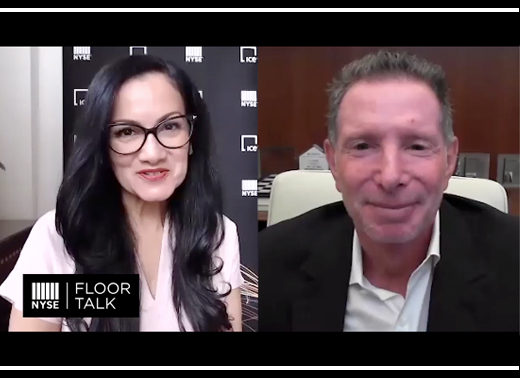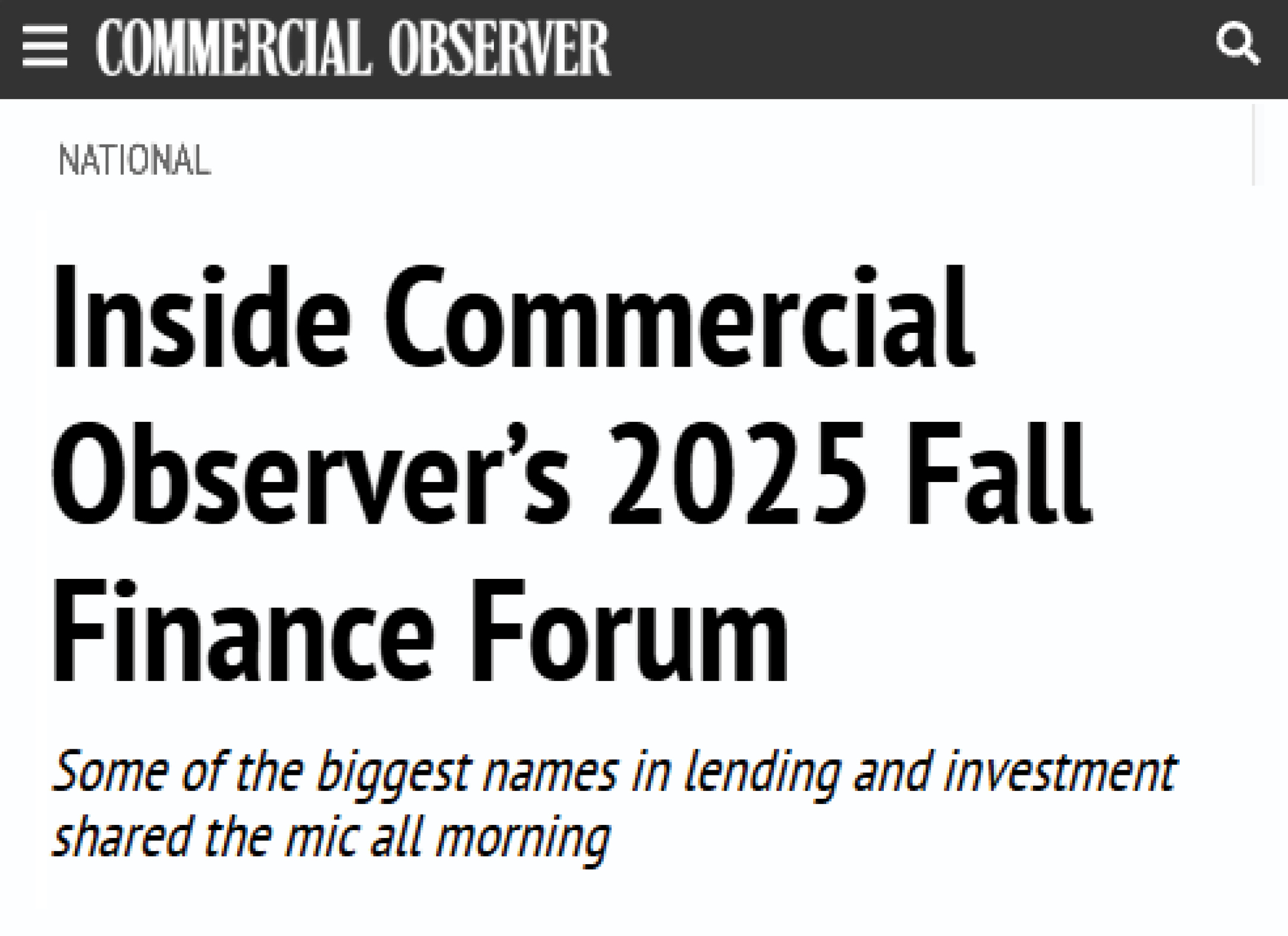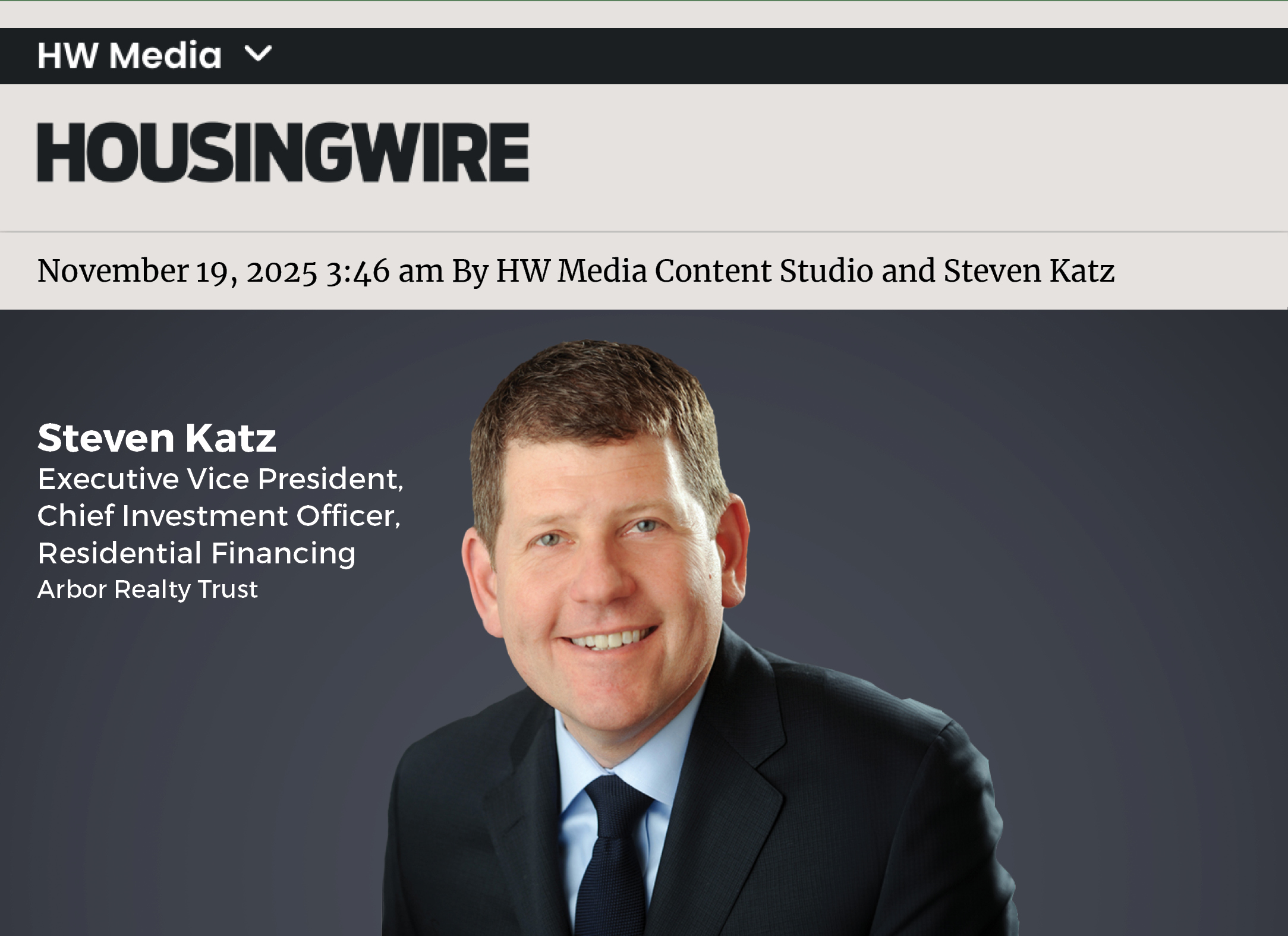Ivan Kaufman Discusses Historical Strength of Multifamily During Recessions in NYSE Interview

Arbor Realty Trust’s CEO explains what differentiates Arbor from other REITs.
Ivan Kaufman, the founder, chairman and CEO of Arbor Realty Trust, Inc. (NYSE:ABR), on the New York Stock Exchange program “Floor Talk,” provided insights about how Arbor has become one of the largest and most successful Fannie Mae and Freddie Mac licensed multifamily lenders in the United States.
COVID-19 has wreaked havoc in various CRE sectors and businesses. But undaunted by the pandemic, Arbor has continued to perform exceptionally well. Kaufman credited his senior management team members, who have worked with him for an average of over 25 years. Having weathered multiple market cycles, Arbor’s seasoned professionals know how to react and lead in times of unanticipated crises.
“It’s not when you get into a crisis what you do. It’s how you prepare for a crisis,” Kaufman stated. As Ivan recently discussed at his appearance in the NYU Capital Markets Leadership Series, Arbor anticipated the economic downturn despite the real estate market previously experiencing a historically extensive period of growth.
“Could we see COVID? No, but we did see a recession,” he said. “So, we had a lot of liquidity. We were in the right asset class. Our liability structures are outstanding. We were well prepared and could absorb quite a dislocation.”
The program host, Judy Shaw, asked what differentiates Arbor from its competitors.
Kaufman replied that Arbor has a variety of businesses. It earns income on interest and is also an operating company. It’s one of the largest government agency lenders in the country. Arbor’s servicing revenue is derived from an over $25 billion portfolio, producing consistent, reliable and recurring income for many years.
The corporation also receives gain on sales, has a thriving origination business, and earns interest from escrow balances. After experiencing multiple cycles, Arbor strategically focused its lending on multifamily and single-family rental (SFR) assets.
Kaufman pointed out that multifamily historically has shown resilience, even with the Great Recession, especially compared to other sectors. “It bounced back much more quickly, and the values continued to climb post-financial crisis,” he commented.
As seen in our Q3 Small Multifamily Investment Trends Report, even with the COVID-19 crisis, multifamily has maintained its strength with low vacancies and high rent collections.
“During the last 10 years, we experienced unprecedented rent growth of approximately 5% per year,” said Kaufman. “While the outlook is not as robust going forward, it’s still a great asset class with solid fundamentals and is expected to continue to perform well.” He projects future growth in value for the multifamily sector, noting low interest rates and cap rate compression.
Industrial and self-storage asset classes have also performed well throughout the coronavirus disruption. However, the real estate expert predicts difficult challenges still lie ahead for hospitality and that retail will undergo significant adjustments. Kaufman also forecasts softness in the office sector but added this will offer opportunities.
———-
Check out Arbor in the News for discerning multifamily insights. Contact Arbor today to learn how our wide array of solutions can assist your strategic goals.





